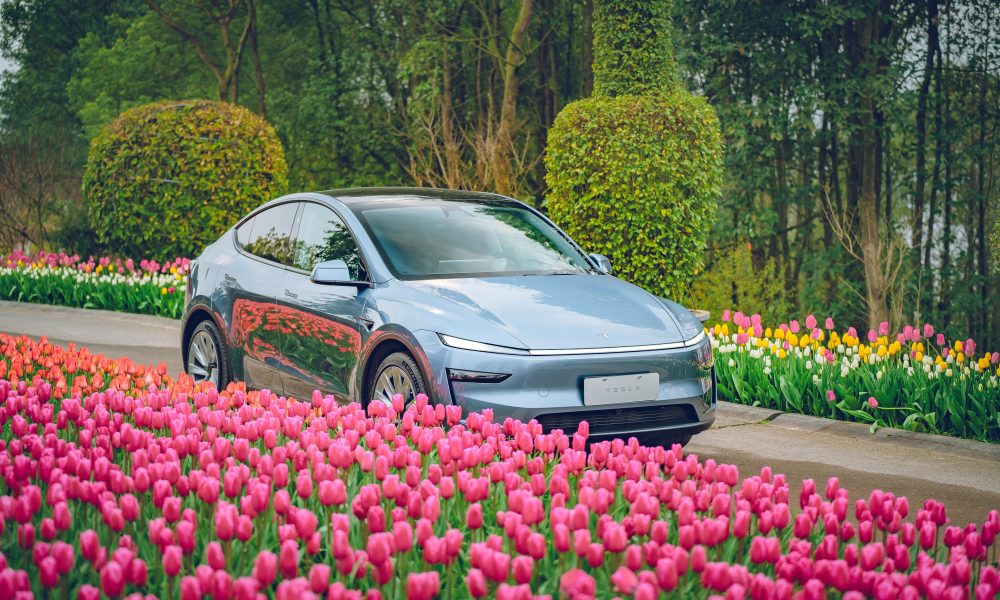Revolutionizing Automotive Manufacturing: The Future of Tesla’s Cybercab
When it comes to pushing the boundaries of automotive manufacturing, Tesla always seems to be at the forefront. The company made waves with the Model Y and its innovative front and rear megacasts, setting the stage for future advancements in production processes. One such advancement is the highly anticipated Cybercab, set to enter volume production around 2026, according to CEO Elon Musk’s announcement during Tesla’s Q1 2025 All-Hands meeting.
Unprecedented Production Scale
Unlike the Model Y and Model 3, which are already high-volume vehicles, Tesla aims to produce a significantly larger number of Cybercabs annually. Musk revealed during the Q3 2024 earnings call that the company is targeting an annual production of at least 2 million Cybercabs. With such a high volume, it is expected that production will span across multiple factories. However, in 2026, all eyes are on Gigafactory Texas as the potential hub for Cybercab production.
Redefining Speed and Efficiency
The key to achieving Tesla’s ambitious production goals lies in the revolutionary “unboxed” process that will drive Cybercab production. Highlighted in the Q4 2024 Update letter, this process is designed for optimal speed and efficiency. Musk emphasized during the Q1 2025 All-Hands meeting that the Cybercab production lines will operate unlike traditional automotive assembly lines.
“The Cybercab line is not your typical car manufacturing line. It resembles a high-speed consumer electronics assembly line. The speed at which the line will operate is so rapid that it will be able to produce a car in less than 5 seconds. This will require fast casting processes, with liquid metal being injected and cooled at lightning speed,” Musk explained.
Pioneering Casting Technology
Achieving the milestone of producing one Cybercab every 5 seconds necessitates a complete reimagining of vehicle production. Musk hinted at the need for larger casting machines capable of producing multiple components simultaneously. He expressed enthusiasm for pushing the boundaries of casting technology, suggesting the possibility of even larger machines to accommodate the rapid pace of production.
“Perhaps we need larger casting machines, maybe 50,000 tons, capable of producing multiple components at once. The idea of scaling up casting technology is intriguing, as it opens doors to new possibilities in manufacturing. Let’s explore the limits of how big casting machines can be and embrace the challenge of pushing the boundaries of technology,” Musk stated.

